Regarding common symptoms of RSV, Dr. Ninh Quoc Dat, Head of the Respiratory Department, Hanoi Children's Hospital, said: The disease begins with symptoms of inflammation of the respiratory tract: cough, sneezing, runny nose, accompanied by mild fever or no fever. After 2-3 days, increased coughing, wheezing, and phlegm often appear. If severe, the baby may have difficulty breathing, refuse to eat, and become lethargic.
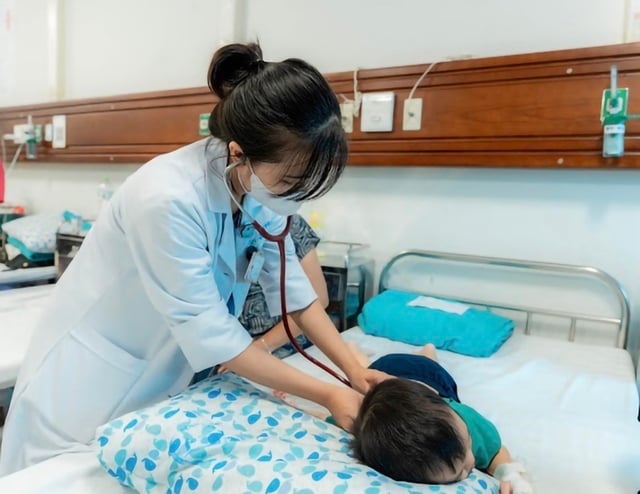
Children hospitalized with RSV infection are increasing rapidly at Hanoi Children's Hospital
PHOTO: PHAM THAO
Children need to be hospitalized for inpatient treatment when RSV causes bronchiolitis or pneumonia with difficulty breathing, respiratory failure, loss of appetite, fatigue, lethargy... or in special conditions that can easily become severe: premature babies, chronic lung disease, congenital heart disease, malnutrition... Bronchiolitis and severe pneumonia are two common complications. During treatment, children need respiratory support, prevention of additional bacterial infections, expectoration and bronchial dilation, and nutritional support.
"There is currently no specific medicine, treatment is mainly symptomatic. The disease is common in young children, causing coughing, vomiting, poor appetite, and also prolonging recovery time," informed Dr. Ninh Quoc Dat.
Doctors instruct on disease prevention measures for children, including: cleaning surfaces and toys that children often come into contact with; adults need to wear masks in crowded places (adults can be infected, but have no symptoms or mild symptoms, and then infect children); wash hands before coming into contact with babies; when a child is sick, they need to be isolated and let them stay home from school to avoid spreading the disease; improve the child's health: eat enough nutrients, drink plenty of water, and get vaccinated.
Source: https://thanhnien.vn/benh-nhi-nhap-vien-do-nhiem-rsv-tang-nhanh-18525091420205503.htm



![[Photo] General Secretary To Lam attends the 80th Anniversary of the General Department of Defense Industry](https://vphoto.vietnam.vn/thumb/1200x675/vietnam/resource/IMAGE/2025/9/15/fb8fd98417bb4ec5962de4f7fbfe0f6a)


![[Photo] President Luong Cuong attends the opening ceremony of the new school year at the National Defense Academy](https://vphoto.vietnam.vn/thumb/1200x675/vietnam/resource/IMAGE/2025/9/15/c65f03c8c2984e60bd84e6e01affa8a0)


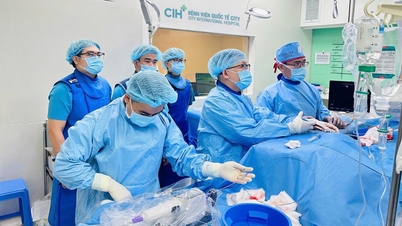


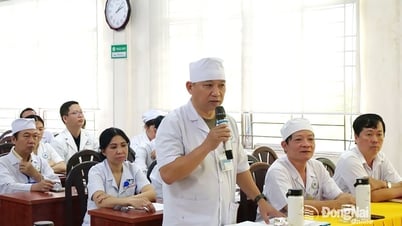

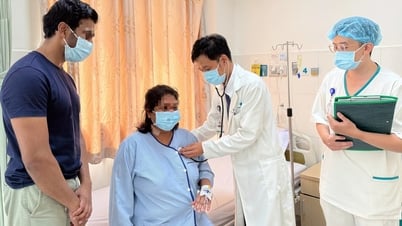
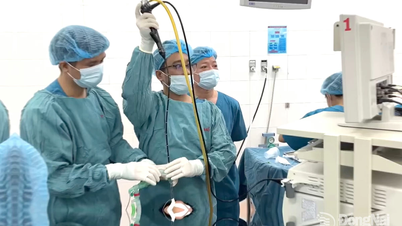
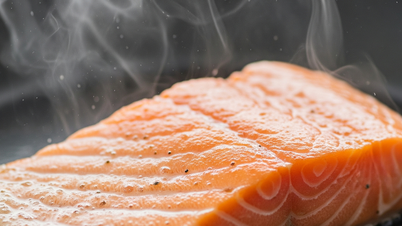


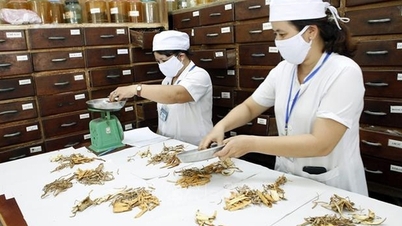

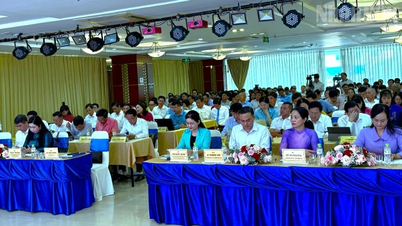







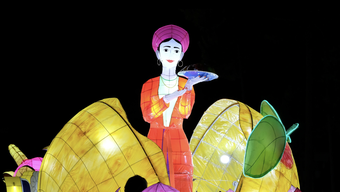










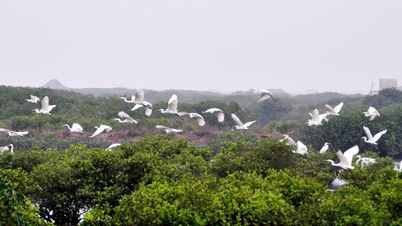
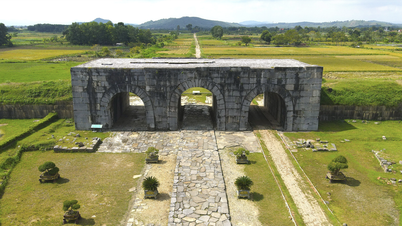








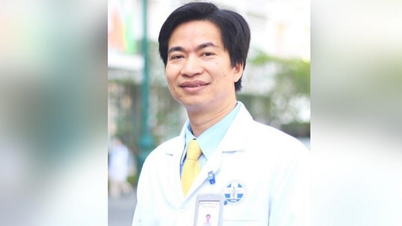












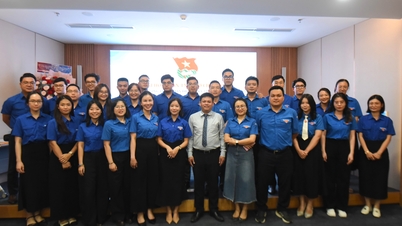
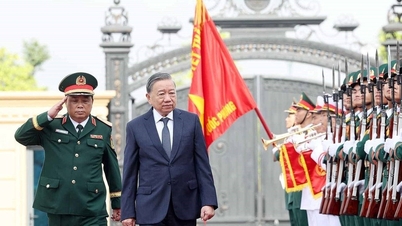















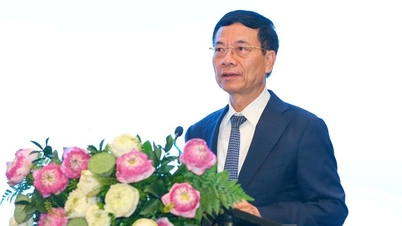









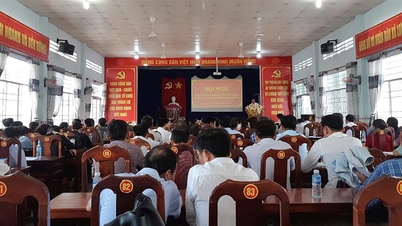













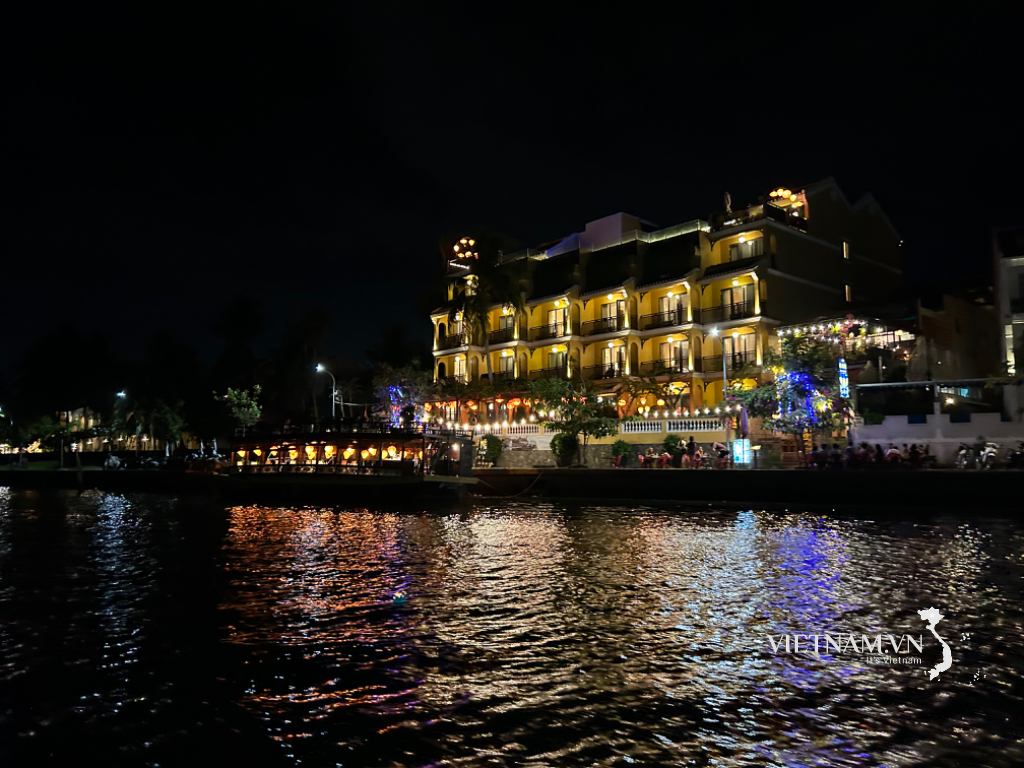



Comment (0)